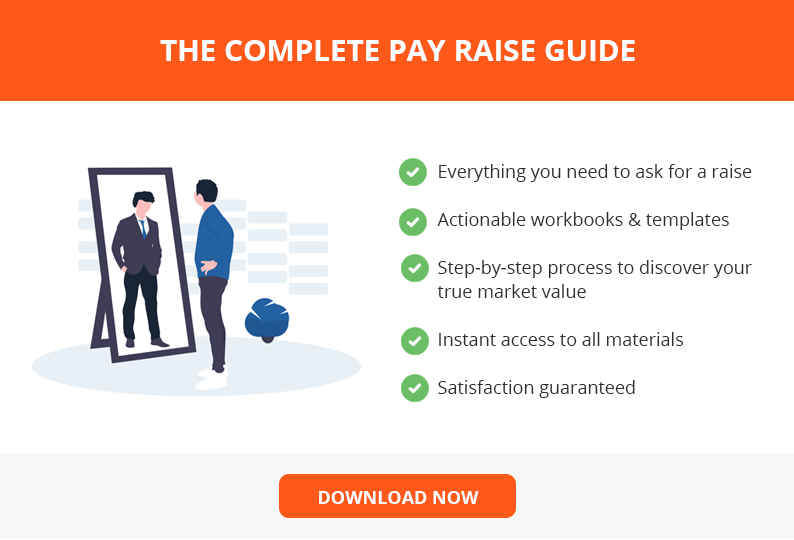No matter how much you prepare for your job interview, the interviewer will invariably ask some question you had not considered. To prepare for this likely event, learn as much as you can about the employer, critically review your own qualifications and think about how your skills match your employer’s needs, get plenty of sleep so you mind will be at its best and leave enough time to get to the interview so that you do not arrive flustered and out of breath.
Do not forget to check out other smart tips: 23 Important Tips for Job Interviews.
Some possible interview questions and suggested ways to answer follow…
- Tell me about yourself. (Your answer should contain much more about your job skills than your personal life.) Talk about the growth of your career, what you learned from previous employment or even things like how your volunteer worked help you develop your organizational, time management and leadership skills.
- What are your strengths? (If you really enjoy new challenges and tackle them in an organized manner, this would be a useful strength in almost any situation.) You can talk about your ability to find unique solutions to problems. Be prepared with some concrete examples, since that may be the follow-up question.
- What are your weaknesses? (A “good” weakness might be that you have trouble leaving the office behind when you go home in the evenings.) This is a very difficult question that is not asked often, but it’s one you should prepare for anyway. If you talk about your temper, your tendency to gossip or the fact that you’re lazy, you may as well pack up and go home right then. If you mention a weakness such as your lack of patience with people who don’t do their share of the work, you should also mention that you keep this impatience to yourself and try very hard not to express it toward others.Sample
- Do you have any questions about our company? (If you have paid attention during the interview and if you have done your homework, this would be a good time to ask for more details about some aspect of the company’s organizational structure or products. It would not be a good time to ask about your first raise. You could also ask questions about the community, their training program or details about the work environment.)
- Where do you expect your career to be in 10 years? (Be careful here. You do not want to give the impression that you’re simply using this company as a stepping stone to another career. Think of a related managerial position within the company that would interest you.) There is a story about a young accountant who was asked this question by a CPA firm during an interview. The young accountant replied that he saw himself as the comptroller of a large corporation. In other words, “I’m just using your firm to teach me and then after you spend your resources training me, I will leave to go work for someone else.” Needless to say, he was not offered a position with the CPA firm. They know that 75% of the people they hire will leave within 10 years, but they do not want to hire someone who comes in with that plan.
- What skills do you have that would benefit our company? (If your skills are not exactly those that the company may have requested, you can point out the skills you have that would be valuable to any company. Examples of these skills are: your ability to plan and execute long-term projects, your ability to organize information into usable data, your ability to research complicated issues, or your ability to work well with a team.) If your skills are not perfect for this particular company, you can mention how quickly you were able to adapt and learn in other situations. Again, be prepared with specific examples in case you are asked to elaborate.
- Why did you leave your last job? (This is not an opening to speak badly of your former employer. There is almost always a way of wording the explanation so that you do not sound like a “problem employee” and your former employer does not sound like an undesirable company.) As unfair as it may seem, there is almost no time when you should say something bad about your former employer. You can talk about the lack of potential for upward mobility, the fact that your job responsibilities changed to the point that it no longer fit into your career plan, your need to move to be closer to your aging parents, the need to reduce travel time, your need for a more challenging job, or anything else that does not get into personalities or other conflicts. If you were fired for cause, you may want to be up front about it, explain the circumstances and accept responsibility for your actions. Practice your answers to this question with someone who has interview experience. However, don’t lie. If you can’t say anything positive about your former employer, don’t say anything. It could come back to haunt you.
You should keep in mind also that preparation is the real secret to succeed in job interview. Most candidates don’t prepare at all. You can succeed in your job interviews, you need only a bit of preparation! Take a look on how preparing for an interview.






